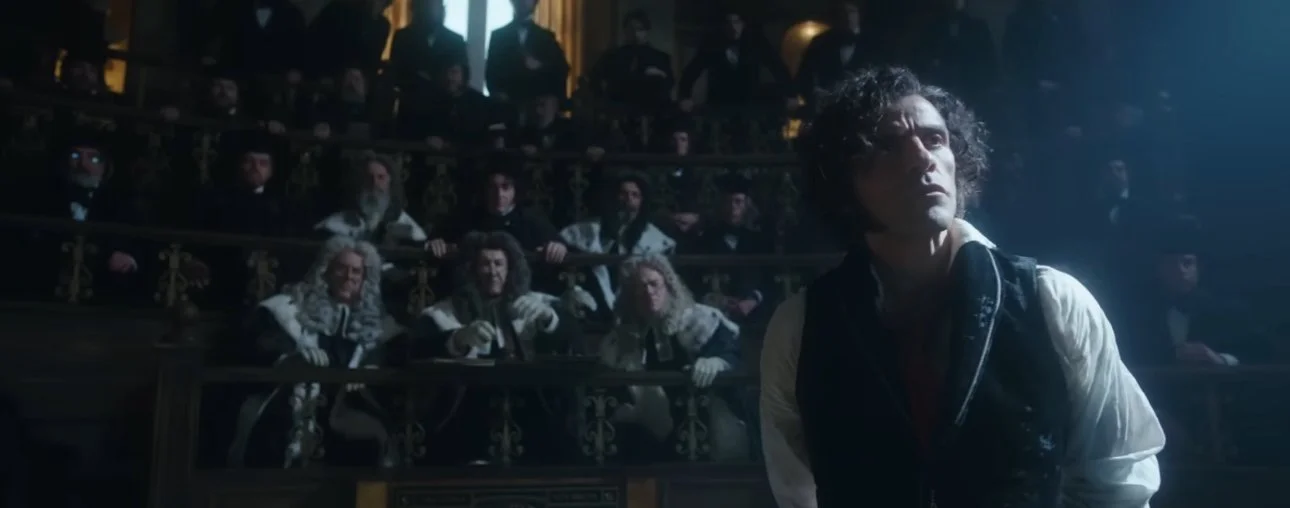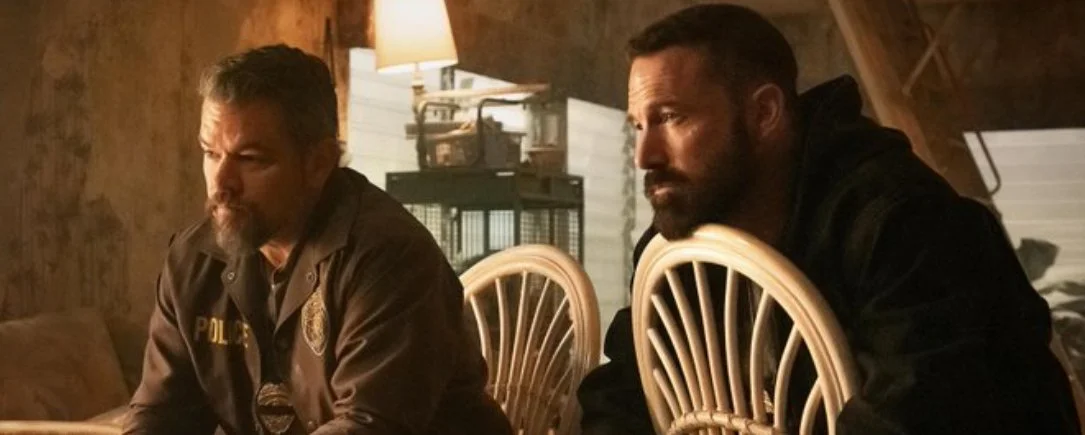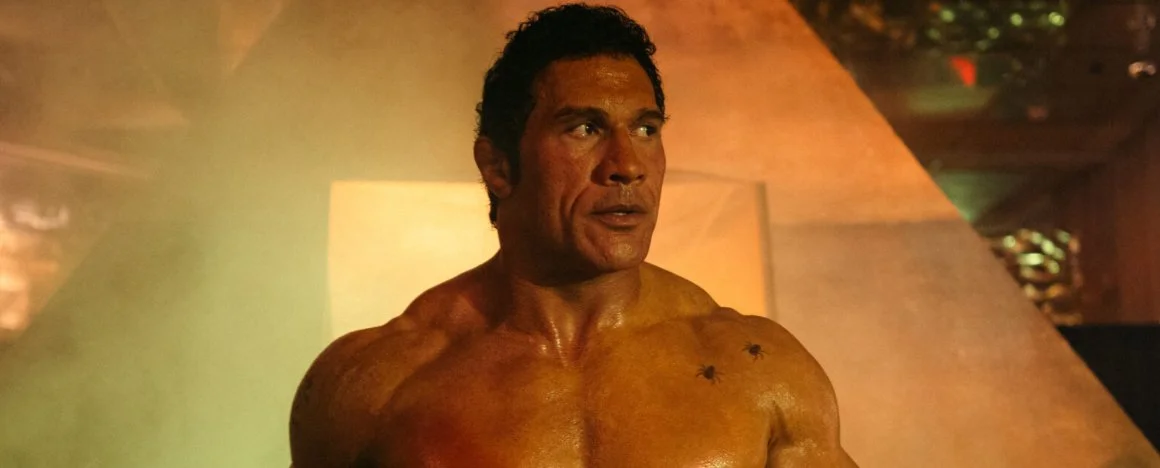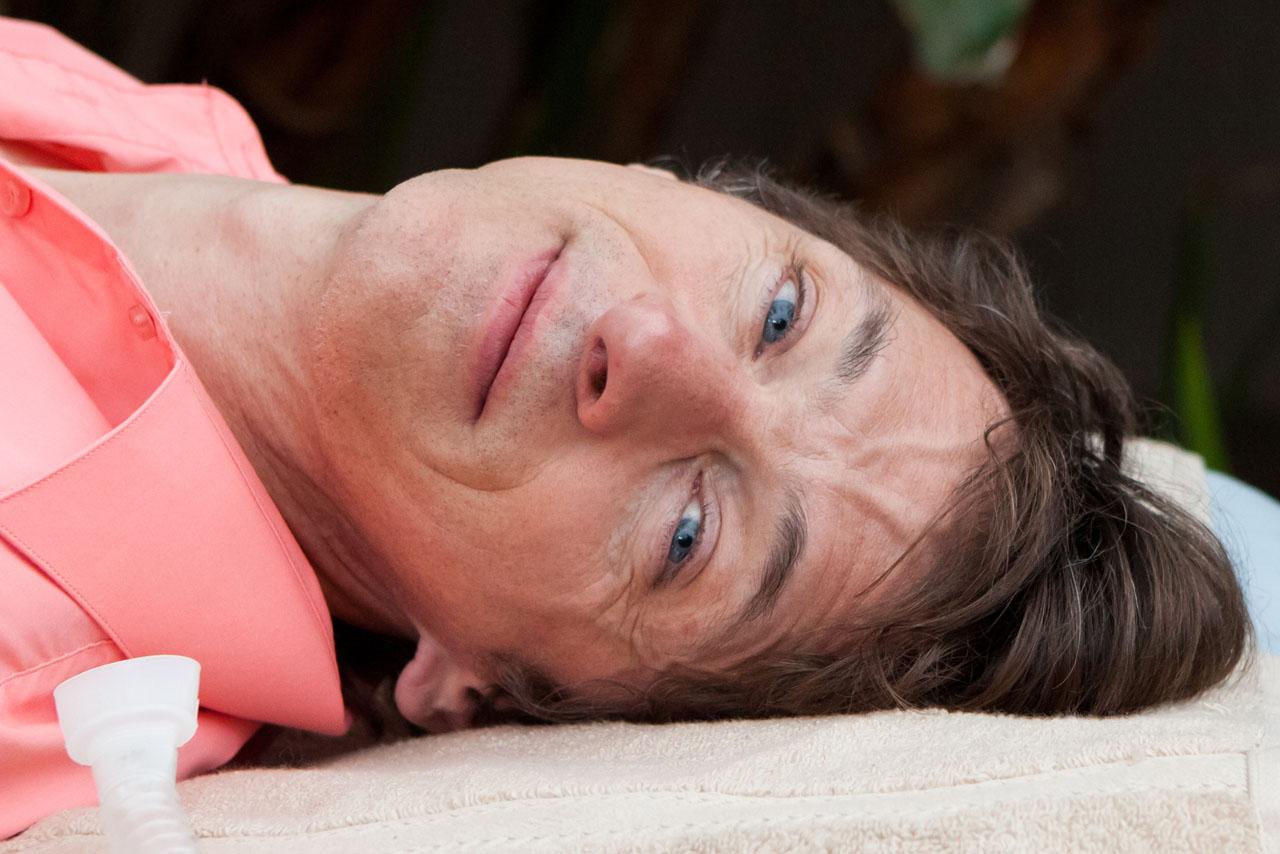Louis Leterrier's Now You See Me is a film that comes with expectations. First of all its cast -Jesse Eisenberg, Mark Ruffalo, Melanie Laurent, Woody Harrelson, Morgan Freeman and Michael Caine- is filled with talent. Secondly its concept - a magic troupe robbing a bank without actually being there- has so much potential going for it that its trailer might actually fool you into thinking it could be a good movie. Thirdly, I'm a sucker for movies about magic, just look at my ten best list of 2006, you'll find two of them The Illusionist and The Prestige. Those films knew how to fool their audiences and stayed one step ahead of them the entire way through. Now You See Me commits the biggest sin a movie about magic should avoid at all cost, it ends up never staying one step ahead of its audience. We know what's coming every step of the way. We follow it all the way through waiting for the big HAHA moment which never comes. Much of the blame must lie in Louis Leterrier, a filmmaker who's track record includes The Transporter and -yikes- Clash Of The Titans. He films the movie in typical hollywood fashion; all style no substance. There is no magic in Letterier's film and once the final twist shows up we were never fooled, we in fact just never cared in the first place.
By Jordan Ruimy
Check out the trailer below.
You can’t blame director Matthew Mishory for wanting to tackle the life of James Dean in his new film titled "Joshua Tree 1951." Dean left a lasting legacy in Hollywood from 1955 to 1956 - that’s just 2 short years in the spotlight. In those 2 years he created his legendary, iconic status with the mind blowing trifecta of "Giant," "Rebel Without A Cause" and "East Of Eden."
Mishory knows that Dean is still a fascinating figure to dissect. The mystery that came with his 1956 death caused by a motorcycle accident only intensified the endless rumors. Especially with great interest regarding Dean’s sexuality. Was he gay? was he bi? was he straight?
In "Joshua Tree 1951," Mishory knew he had a heavy burden to carry. However, the director also sees the simplest of things that made Dean’s life just like any other.
“It’s a film about an awkward young man from Indiana who makes his way to Hollywood with a very big dream and tremendous ambition, and he gets eaten alive," says Mishory. "But, ultimately, he also leaves us this incredible legacy.”
There have been films made before about the young star, most of which didn’t succeed in depicting a truly justified portrait of his life. Many of those movies went down Hollywood bio-pic clichés that didn’t render any originality or life to the subject. Mishory wanted to start from scratch and offer something that we hadn’t seen before
“I think we offer a completely different take on who this man was - a more intimate take and an exploration of a period of his life that had rarely been put to screen before and certainly never in this way.” James Preston plays Dean in the film and does so without “mimicry” or “impersonation,” giving a fully fleshed out portrayal of an actor that has been plasticized for his motorcycle boy good looks and bad boy personality.
As Mishory says “There is the sort of self-created mythology of James Dean as sensitive rebel bad boy that perhaps exists in at least one of the screen performances but largely was created through publicity photographs and the public imagination.”
In Mishory’s film we see a James Dean grappling with his own sexual orientation. This, in fact, is what will split Dean fans in their views of the film. Mishory doesn’t understand the naysayers, even pointing out that it was “common knowledge” that Dean experimented with numerous male partners.
“One thing that so fascinates (me) about this era, the late ’40s and early ’50s, especially among the Hollywood elite, is that people lived much more freely, sexually, than they do in our more conservative times. The great difference is that privacy still existed, so they did so behind closed doors. And of course there was an entire studio publicity machine in place to keep certain realities hidden from prying eyes.”
The film never really mentions the words “gay”, “BI” or “straight” and instead opts to portray Dean’s life through imagery and context - and anyways, who are we to force these three labels on a human being when we all know it can be much more complicated than that. James Dean was, in the end, a complicated figure.
























